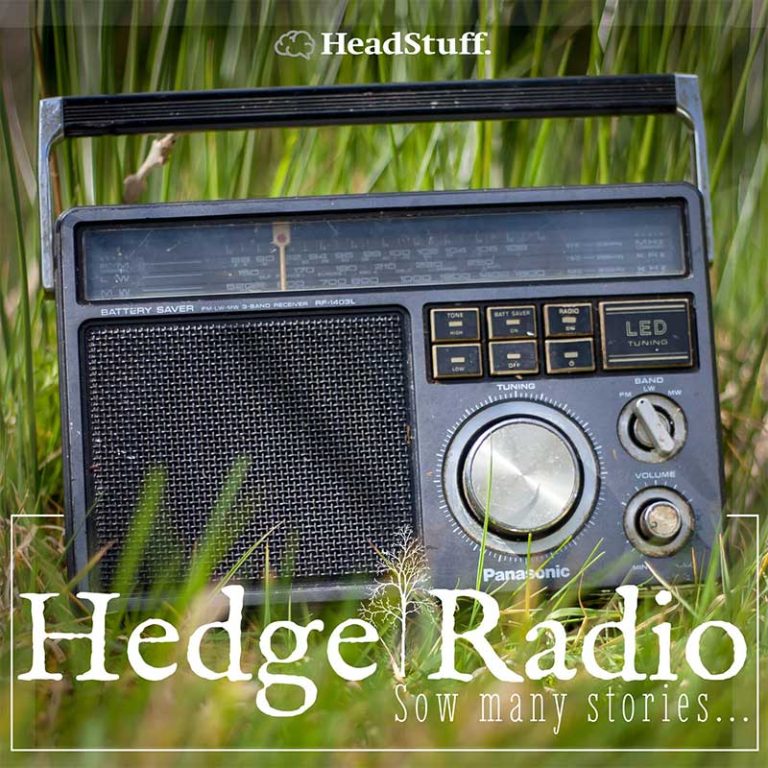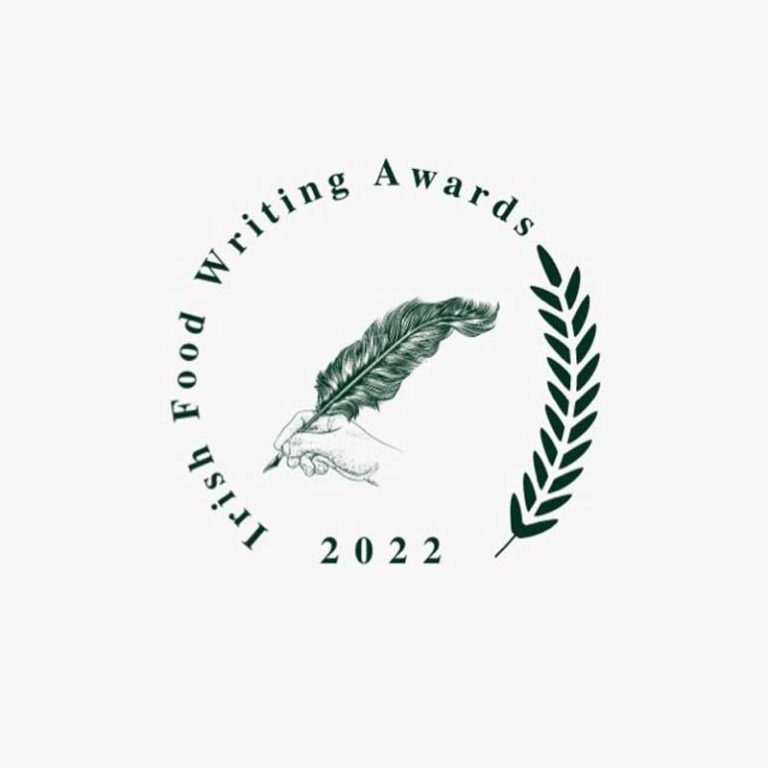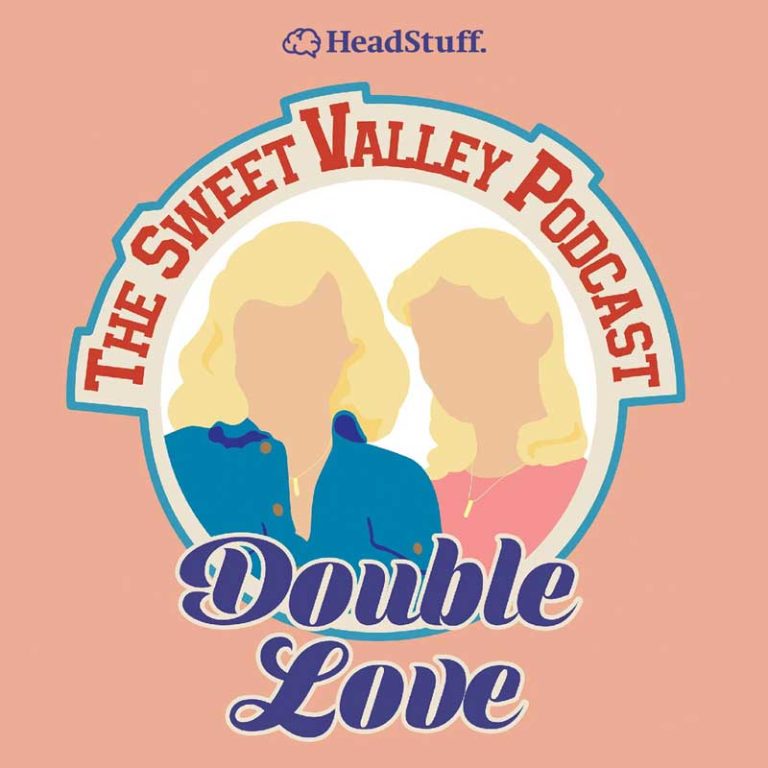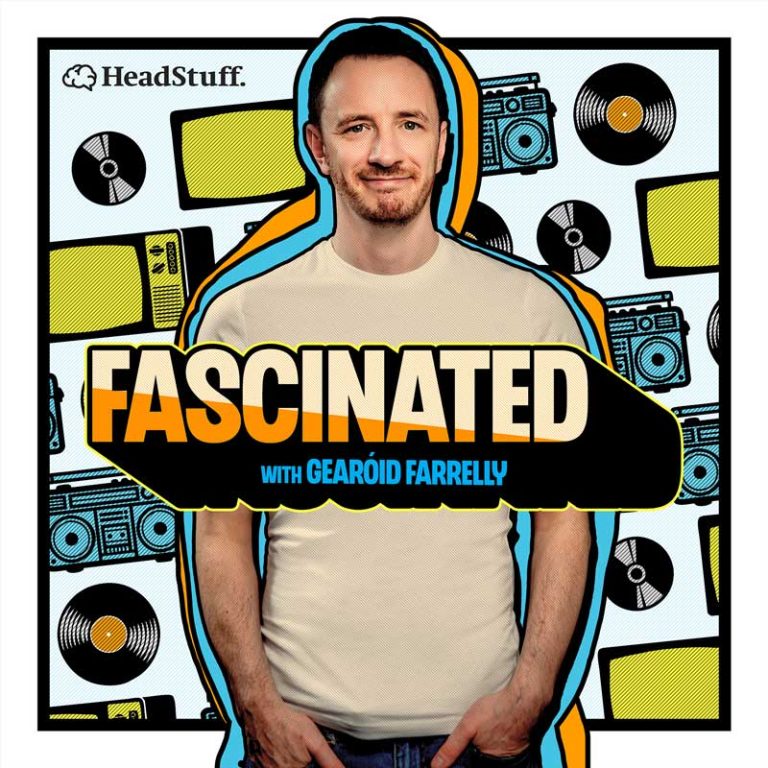So, you’re one of the newest shows on the HPN. Can you tell me a little bit about What Would You Do If? and how it came about?
Callum: Jess was brainstorming ideas for a show she did on FRQ.fm and came up with the idea about three years ago. After a bit of planning, we decided to go for it! And now, WWYDI is the podcast you didn’t know you needed.
Jessica: You sound so clichéd!
C: In each episode, we look at a different scenario like ‘WWYDI you’re attacked by a bear’ or ‘WWYDI you were stood up on a date.’ We answer the question with how we would react, but then Jess answers how you should handle the situation.
J: So, I guess he’s right. It’s a podcast you need… in case you come across a wild bear.
What about your own backgrounds? How has this fed into the show?
C: I’m the producer of Fully Charged with Graham & Nathan on SPIN 1038. Right now, we’re focusing on creative ways to make the listeners experience more fun. I’d like to think my job experience plays into this and I’m good at coming up with new podcast ideas.
J: Ah, it definitely does. One of the big reasons I wanted to do a podcast was to work on my presenting skills, so I think any radio training and experience both of us have had is a benefit. We’ve heard people do things in podcasts that you wouldn’t get away with in radio.
C: Like saying ‘hello to our listeners’ instead of just calling them ‘listener.’
J: That’s such a pet peeve for me. When I’m listening to your podcast, it’s just me listening. Don’t say ‘hey listeners.’ It’s just me.
C: Actually, we’ve not mentioned this so far either – we’ve been in a relationship for nearly three years now so you get an insight into our lives in the podcast.
J: I feel like that’s a way to get people not to listen! Everyone has such boring lives right now. Work, listen to podcasts, sleep and repeat.
What can new listeners expect? What sorts of guests or episodes have you got planned?
J: We’ve got a few episodes planned, like the bear attack one that we mentioned. I researched that episode topic last year and a couple of weeks ago, I watched Michael McIntyre’s The Wheel and there was a question about bears. I was freaking out, screaming at the tv because I knew the answer from the podcast. I could have won £42,000!
C: Maybe we can get Michael McIntyre on the podcast? Otherwise, we don’t have a lot of guests planned right now. Although, I want to do WWYDI You Won The Lotto with a real-life lotto winner. I keep buying tickets with the hope I can interview myself.
Okay, you’ve got my attention. So, why should I go and listen right now? Convince me!
C: We have fun in every episode and we try to make it fun for the listener as well. Like when we play quizzes and games with each other where you can play along with while listening. Plus, I promise you that after listening to an episode, you’ll have learned something new. And if you haven’t, my new “Money Back Guarantee” means I’ll give €1 out of my own money to you as compensation for your time.
J: Really?
C: No, but a really good thing is that our episodes are only around 20 minutes long so they’re perfect for your lockdown Power Walk. And if you come across a bear on your walk, you’ll know what to do if it tries to attack you!
J: We’re all about the bears today. There are episodes completely unrelated to bears as well!
What sort of bonus content can members expect if they sign up to support the show?
J: We’re working on an exclusive video series called “What Would You Do If You Couldn’t Cook?” where Callum is going to try and teach me how to make food. I’m never the one trusted with cooking in the house, probably because I told Callum the story of how I made lemon chicken.
C: You shouldn’t tell people this story!
J: When I was about 18, I loved lemon chicken from the Chinese. One time, I tried to make it myself for everyone’s dinner. Except I never thought of looking up a recipe. I just boiled chicken breasts and poured lemon juice on them. It was absolutely disgusting.
C: So if something happens, like Jess burning down the kitchen, we’ll also be posting some bonus episodes of the podcast and some fun material to go with episodes!
Anything else you desperately need to tell potential new listeners?
J: WWYDI is an easy listen where you can have a laugh and learn something new. And it’s probably the only time you’ll hang out with a couple you don’t know without feeling like the world’s biggest third wheel.
C: If there’s a scenario you don’t know how to handle and you want us to find out, then you can tell us all about it at [email protected]. We’re always open to hearing what you think!





